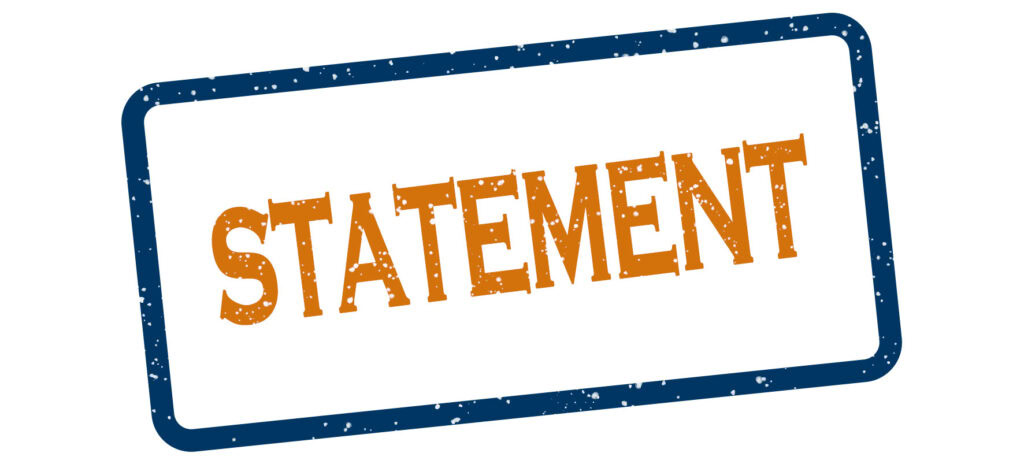
83rd ORDINARY SESSION OF THE AFRICAN COMMISSION ON HUMAN AND PEOPLES’ RIGHTS
BANJUL, THE GAMBIA
2 – 22 May 2025
Your Excellency, Honorable Commissioner Solomon Ayele Dersso,
The Strategic Initiative for Women in the Horn of Africa (SIHA) is a regional feminist network with over 200 member organizations working across South Sudan, Sudan, Uganda, Ethiopia, and the Somali region. We welcome this opportunity to address the African Commission on Human and Peoples’ Rights (ACHPR) this session.
We note our deepest concern at the worsening situation of women and girls in South Sudan, a country that continues to struggle with cycles of intercommunal conflict, displacement, and gender-based violence (GBV) all rooted in a broader crisis of governance, militarization, and impunity.
More than a decade after independence, South Sudan remains a fragile State where violence against women and girls is a reality of daily life. In Wau alone, over the course of 2024, SIHA has documented an alarming 734 cases of GBV against women and girls, mostly taking the form of rape. To put in context, at least two women or girls face sexual violence every single day in Western Bahr el Ghazal. In January and February 2025 alone, SIHA documented 130 additional cases, signalling the persistence of sexual violence. This is further exasperated by intercommunal conflict where women’s bodies continue to be used as a battle ground for war and survivors face overwhelming barriers to justice, healthcare, and protection. Many are silenced by stigma, isolation, fear of retaliation and a lack of safe reporting mechanisms particularly in remote areas where armed groups operate unchecked and are, simultaneously, the perpetrators.
Furthermore, new waves of violence and insecurity have emerged in recent months, especially in Upper Nile, the Western and Eastern States which has also exasperated CRSV against women and girls and threatened the collapse of the Revitalized Agreement on the Resolution of Conflict in South Sudan. Firsthand reports from WHRDs confirm encountering a series of intimidation and harassment by state security actors for peacefully demonstrating against the deterioration of security and women’s rights in the country. In the worst scenarios, some have experienced attacks and unlawful arrests, creating a climate of fear and censorship, with some WHRDs withdrawing from activism in South Sudan, altogether. South Sudan remains one of the most fragile humanitarian contexts in the region, with approximately 2.2 million people displaced and in urgent need of humanitarian assistance. Women and children represent the largest share of those affected, bearing the brunt of conflict, displacement, and violence.
Within the internally displaced person camps (IDP) and refugee camps, both South Sudanese women and Sudanese women refugees fleeing war from across the border are facing increased risks of sexual exploitation, survival sex, and trafficking often for the basic right to food, water, or shelter. This alarming situation continues to shape the humanitarian footprint in South Sudan — driving the work of both national and regional actors like SIHA, whose presence and interventions remain critical in advancing women’s rights, promoting protection, and strengthening access to justice for vulnerable groups amidst crises.
Despite South Sudan’s constitutional guarantees and its commitments under regional and international instruments, including the African Charter on Human and Peoples’ Rights and the Protocol to the African Charter on Human and Peoples’ Rights on the Rights of Women in Africa (the Maputo Protocol), both of which South Sudan has signed and ratified, the reality on the ground remains one of systemic violence against women and girls with little accountability. Women and girls in South Sudan have shown immense courage and resilience in the face of unimaginable suffering. But they cannot do it alone. Justice delayed is justice denied, and silence is not an option.
We therefore call on the ACHPR and the African Union to:
- Call for the Government of South Sudan to ratify and domesticate the African Charter on the Rights and Welfare of the Child in demonstrating its commitment to protecting the rights of children, particularly the girl child;
- Urge the Government of South Sudan to implement its state obligations under the African Charter (Article 18(3)), the Maputo Protocol and ensure a special focus on protecting women and girls.
- Publicly condemn the ongoing use and normalization of sexual violence in South Sudan against women and girls in both conflict and peacetime in line with Article 4(1) and 4(2)(a) of the Maputo Protocol.
- Support the establishment of a national and independent mechanism to investigate cases of sexual violence in South Sudan, ensure survivor-centered justice, and hold perpetrators accountable with no exception, as per Article 4(2)(e) and (f) of the Maputo Protocol.
- Call on the Government of South Sudan and other regional actors to strengthen protection and response services for survivors, including access to healthcare, psychosocial support, safe shelters, and socio-economic support as per Article 14 of the Maputo Protocol;
- Support the facilitation of spaces for the voices of South Sudanese women, grassroots organizations, and survivors to shape peace and justice processes in their country in line with Article 9 of the Maputo Protocol.
- Urge the ACHPR’s Special Rapporteur on Women’s Rights in Africa to conduct a fact-finding mission in South Sudan to comprehensively assess the situation of women and girls in the country, particularly in conflict-affected areas.
- Appeal for the international community, donors, development partners and all other relevant, stakeholders to empower women and women rights organizations, providing them with adequate resources to further their work within affected communities in terms of Article 4(2)(i) of the Maputo Protocol.
